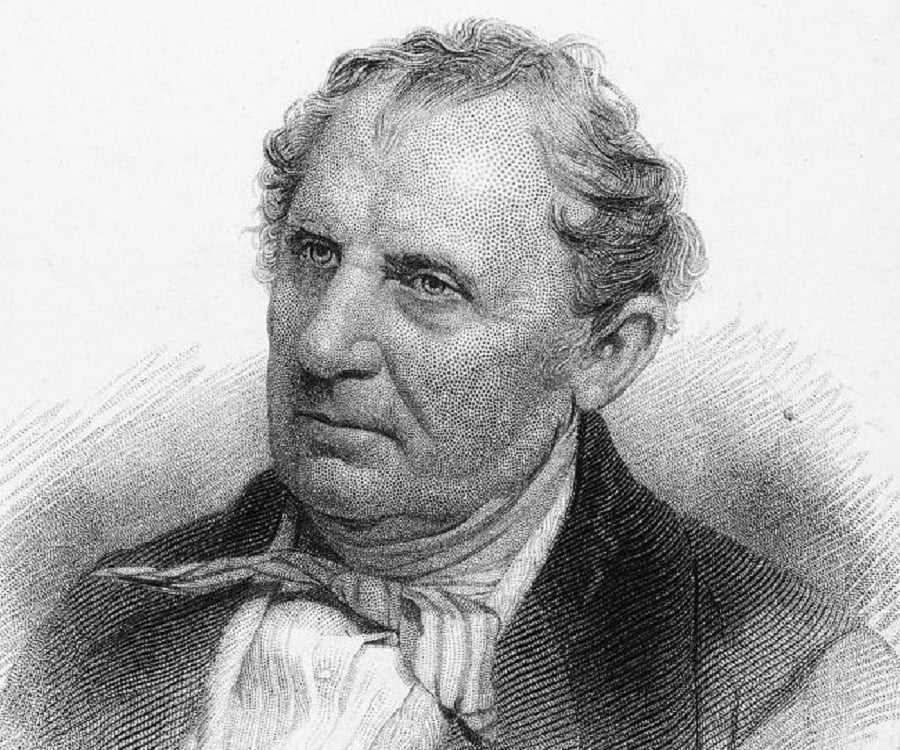James Fenimore Cooper (1789-1851), was a United States author. He is
Chiefly remembered for his Leatherstocking series of novels about
Indians and frontiersmen, but he also wrote tales of the sea and other
books. Cooper was the first American author to win wide popularity in
Europe. He did more than any other writer to create the theme of the
crafty but noble Redskin pitted against the equally resourceful
woodsman.
Mark Twain and others ridiculed Cooper for
his impossibly wooden heroines, his unreal dialogue and plots involving
miraculous escapes from dangerous situations. Much of the criticism is
justified, but Coopers skill in weaving an exciting tale and picturing a
romantic woodland background has helped his books remain popular.
Cooper was born in Burlington, New Jersey, the second youngest in a
Quaker family of 12. When he was one year old, the family moved to the
shore of the Otsego Lake in western New York. There his father founded
the village of Cooperstown. Young Cooper soon became acquainted with the
Indians and the forests of the region. He entered Yale College at 13,
but was dismissed in his third year for playing a prank. He went to sea
as a common sailor in 1806, and in 1808 he received a commission as
midshipman in the navy.
His dissatisfaction with an English novel
provoked him to say he could write a better one. Precaution (1820), an
imitative society novel, was the result of his wife’s demand for proof.
It was unsuccessful. In 1821 Cooper published The Spy at his own
expense. This romance of the American Revolution made him famous on both
sides of the Atlantic and caused him to be called the equal of Sir
Walter Scott as a historical novelist.

